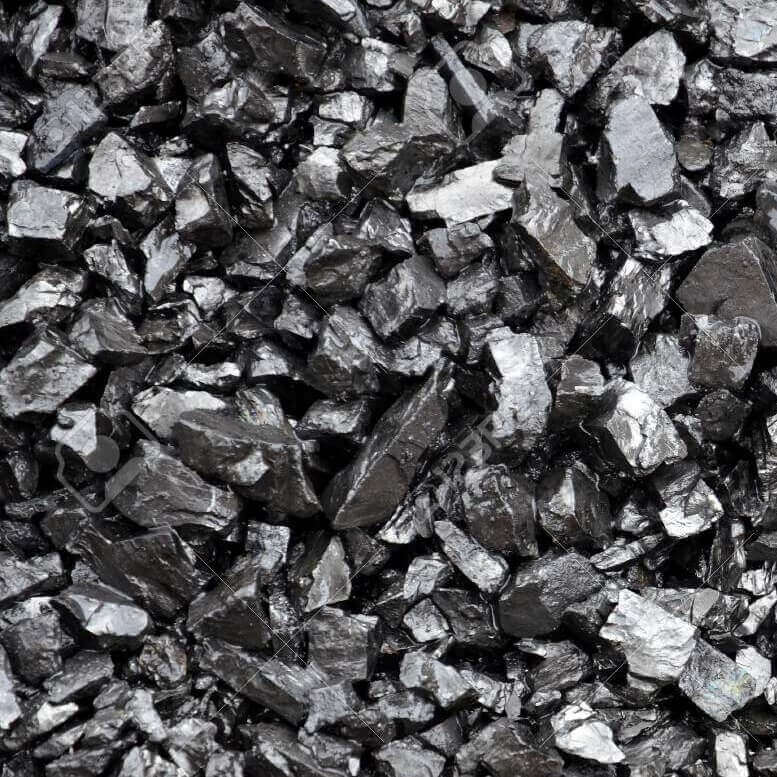
Anthracite Coal
Anthracite coal derives its name from the Greek word 'anthrakíts', literally meaning 'coal-like'. It is frequently being referred as hard coal and is one of the four types of coals. Other types of coals are lignite coal, sub- bituminous coal and bituminous coal. Since anthracite coal had been subjected to the intense pressure and heat, it is the most compressed and hardest coal available. Being a hard coal, it contains greater potential to produce heat energy than softer, geologically 'newer' coal. Anthracite coal is categorized into three types of grades. These are (i) semi-anthracite or standard grade, (ii) anthracite or high grade, and (iii) meta-anthracite or ultra-high grade. Anthracite coal is used as a cost efficient substitute for coke or coal in various metallurgical coal applications in processes such as sintering, pelletizing, pulverized coal injection (PCI) in the blast furnace, and even as direct charge in the blast furnace. It plays an important role in cost reduction in the steel making processes where it is used (i) as a reducing agent, (ii) as a carburizer, (iii) for slag foaming, and (iv) as ladle additions. It is also used in production of ferro-alloys, silicon-manganese, calcium-carbide and silicon-carbide.
Met Coke
Metallurgical coke is a carbon material resulting from the manufactured purification of multifarious blends of bituminous coal. Coke is made by destructive distillation of a blend of selected Bituminous coals (called Coking coal or Metallurgical coal) in special high temperature ovens in the absence of oxygen until a greater part of the volatile matter is driven off. The resulting product, COKE, consists principally of Carbon with sizes ranging from basketballs (foundry coke) to fine powder (coke breeze). Coke is primarily used to smelt iron ore and other bearing materials in blast furnaces, acting both as a source of heat and as a chemical reducing agent to produce pig iron or hot metal. Low Ash Metallurgical Coke (Met Coke) is required for metallurgical and chemical industries and is used as the primary fuel where high temperature and uniform heating is required
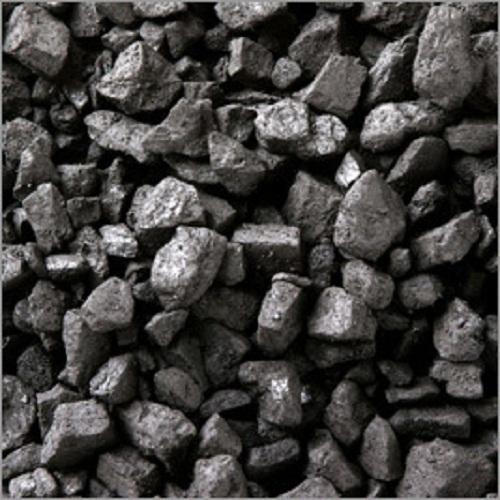
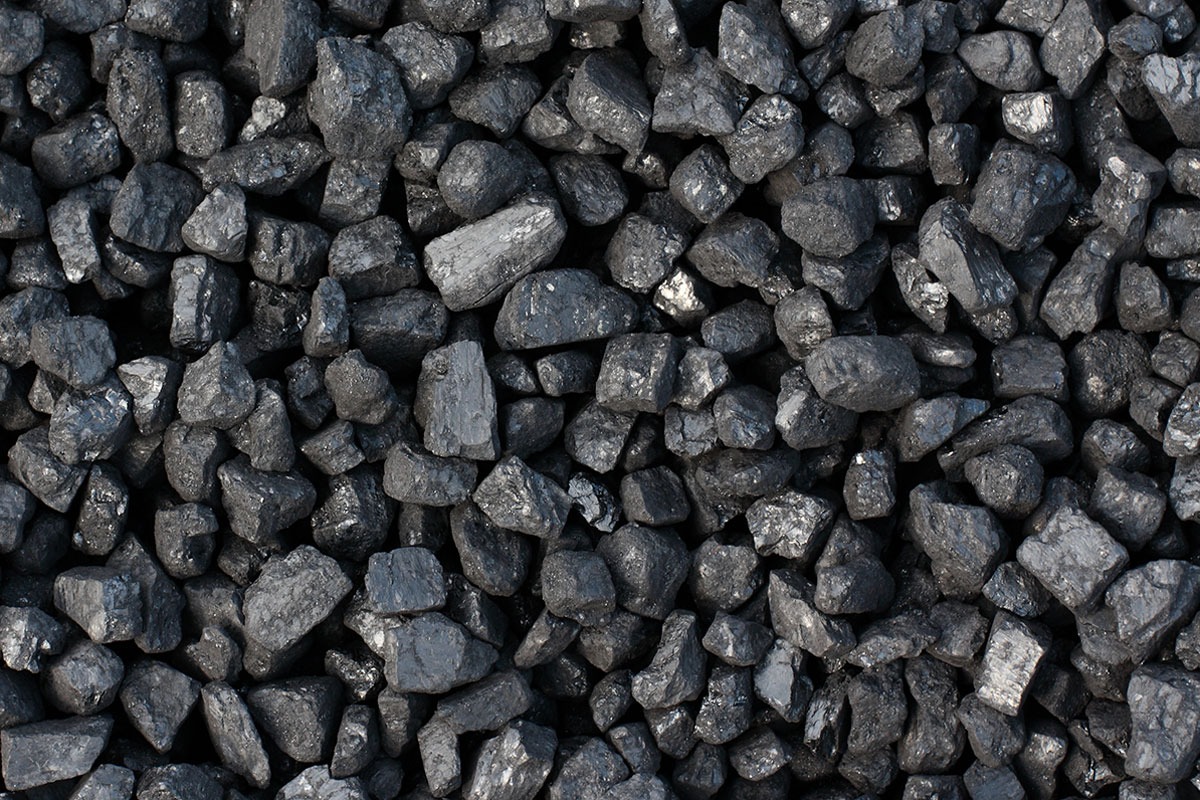
Gas Coke
Gas coke has features of high fixed carbon, high resistance, high chemical activity, low ash, low aluminium,low sulphur, low phosphorus, can instead of metallurgical coke, smoke free block and be used in the production of calcium carbide, ferro alloys, ferro silicon, silicon carbide, silicon metal, silicon manganese, fertilizer,etc. It becomes an irreplaceable carbon materials, it is widely used in chemical, metallurgical, smelting, and gas making industry.Gas coke is widely used in the production of calcium carbide, ferroalloy, ferrosilicon, silicon carbide etc as a kind of irreplaceable carbon material with its characteristics of high fixed carbon, high specific resistance, high chemical activity, low ash content, low aluminum, low sulfur and low phosphorus to gradually replace metallurgical coke.
Charcoal
Charcoal is a wonderful way to heat, cook, and add an unmistakable smoky taste to your most popular foods. Whether you prefer cooking with charcoal briquettes or natural wood charcoal, we have a selection of charcoal types to suit the needs of your business.Hardwood charcoal made from only natural hardwood, such as maple, oak, mesquite or even hickory.Once the wood is reduced to charcoal, it’s left in its original rough shape. Burns hotter (around 1,000°F), so you should make a smaller or more spread-out fire than you would with briquettes.It creates less ash and imparts a purer, wood-fire flavor to foods.
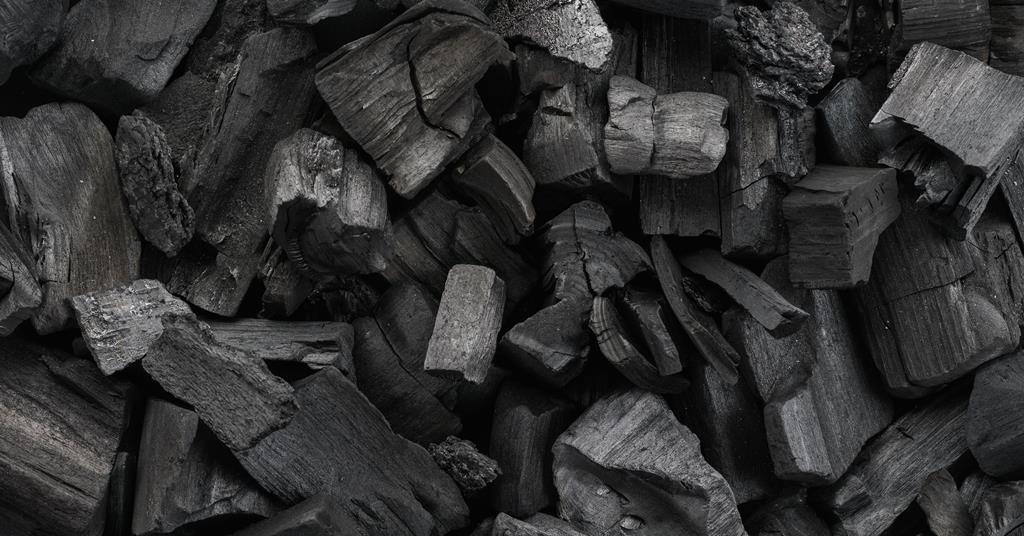
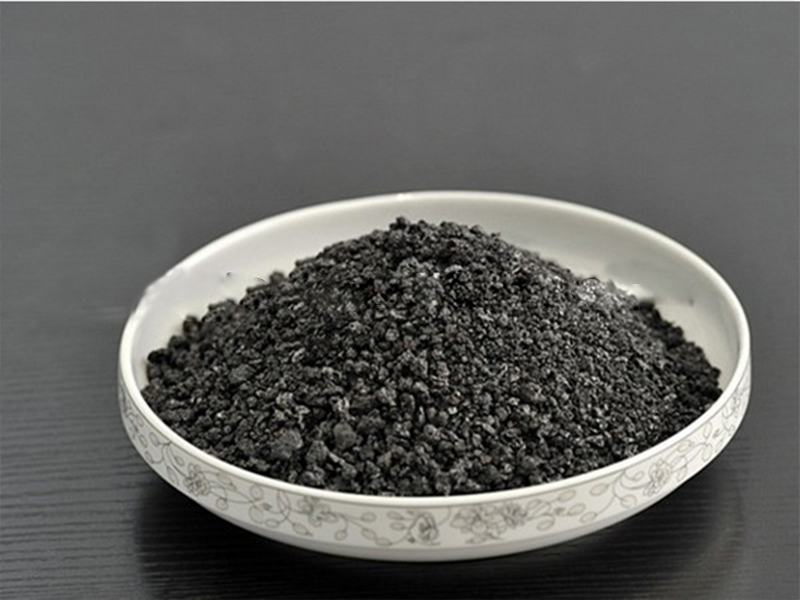
Graphtized/ Calcined Petroleum Coke
Graphitized petroleum coke recarburizer (GPC carbon raiser) presents the same molecular structure as graphite microscopically. And its content of impurities such as sulfur, nitrogen, moisture and ash are all at a very low level, so as to increase the carbon content of molten iron without increasing new impurities. Graphitized petroleum coke recarburizer is widely used by most steel plants. Graphite recarburizer is made from petroleum coke after graphitization treatment at about 2500℃ – 3000℃. Calcined petroleum coke (CPC) is the product from calcining petroleum coke. This coke is the product of the coker unit in a crude oil refinery. The calcined petroleum coke is used to make anodes for the aluminium, steel and titanium smelting industry.